Doctorate in Psychology
Lines of Research
The Doctoral Program in Psychology offers development opportunities in the following lines of research:
Social and Political Psychology
The line of social and political psychology addresses the way in which the individual interacts with the context in which it unfolds. This line of research focuses on the specific characteristics and variables of individuals, groups, and social environment, studying antecedents, mediators (mechanisms), and moderators of social phenomena. This line addresses issues related to: social conflict, processes of social change and collective actions, discrimination and prejudice, social identity, social norms, and inequality in different contexts, such as gender inequality and sexism, or inequality between different social groups. This line is also interested in issues associated with the way in which politics affects the members of a society, such as the effects of political violence. Both experimental and non-experimental methods are used in these investigations, with a strong emphasis on longitudinal studies.
Faculty:
- Héctor Carvacho
- Marcela Cornejo
- Roberto González
- Andrés Haye
- Gloria Jiménez-Moya
- Jorge Manzi
- Antonio Mladinic *
- Agustín Molina
- Dariela Sharim
Neuroscience and Cognition
The objective of this area is to experimentally study cognitive and interactional processes (such as language, emotions, attention, and consciousness). In this area, the study of cognition is approached with a variety of techniques, such as electrophysiology, motion capture, electromyography, and eye-tracking, among others.
Faculty:
- Nerea Aldunate
- Carlos Cornejo
- Diego Cosmelli
- Edmundo Kronmüller
- Vladimir López
- Marcela Peña
- Eugenio Rodríguez
- Ricardo Rosas
Developmental psychology
The focus of this line of research is the study of human development processes over the lifespan, with an emphasis on social and emotional processes in childhood, adolescence, and young adulthood. The Developmental Psychology line studies the change trajectories in identity dimensions, the achievement of autonomy, the prosocial, civic, and political development, and their relationship with socialization experiences in family, educational, work, and community contexts are studied.
Faculty:
- Christian Berger
- Patricio Cumsille
- Paula Luengo
- María Loreto Martínez
- María Pía Santelices *
Educational Psychology and Individual Differences
This line addresses all the cognitive, social, emotional, and interpersonal processes that intervene in both formal and informal educational contexts, across the different stages of the life cycle. Research in this line emphasizes the relational nature of the teaching-learning processes, addressing both the subject who learns and the subject who teaches. It also considers research in individual differences, in various cognitive abilities, as well as in personality traits, which have a direct or indirect role with human learning and development. Researchers working in this line use experimental and correlational designs and perform both laboratory and field work.
Faculty:
- Valeska Grau
- Marigen Narea
- David Preiss
- María Rosa Lissi
- Christian Sebastián
- Katherine Strasser
- David Torres
Health Psychology
The research line of Health Psychology focuses on issues associated with health problems at both the individual and public health levels, such as obesity, consumption of tobacco and other substances, and consequences and management of natural disasters. In addition, topics specific to psychology are addressed in the context of health, such as pain management, the doctor-patient relationship, among others.
Faculty:
- Lydia Gómez
- Mariane Krause *
- Paula Repetto
- Álvaro Vergés
Methodology
This line addresses the use of statistical models as a tool in psychological research, including the development of measurement instruments and the analysis of their psychometric properties, the design of longitudinal and multilevel studies, and the analysis of experimental designs in psychology. Research in this line integrates these areas in the light of methodological developments in the application of generalized linear latent variables modeling in psychological research.
Faculty:
- Patricio Cumsille
- Jorge Manzi
- David Torres
- Álvaro Vergés
* Currently not taking new students in the Program
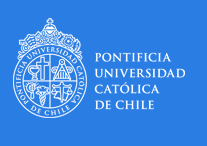


 Regina Funk
Regina Funk Verónica Monreal
Verónica Monreal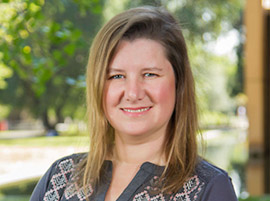 María Paz Tagle Coeymans
María Paz Tagle Coeymans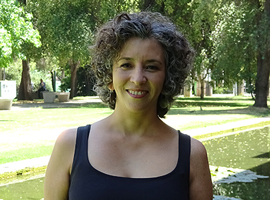 Ana María Solis
Ana María Solis Ximena Muñoz Hagel
Ximena Muñoz Hagel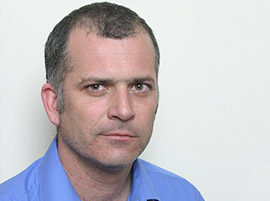 Juan Cristóbal Cox
Juan Cristóbal Cox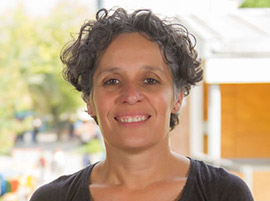 Claudia Araya
Claudia Araya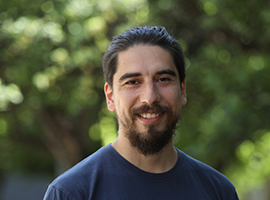 Mario Villena
Mario Villena